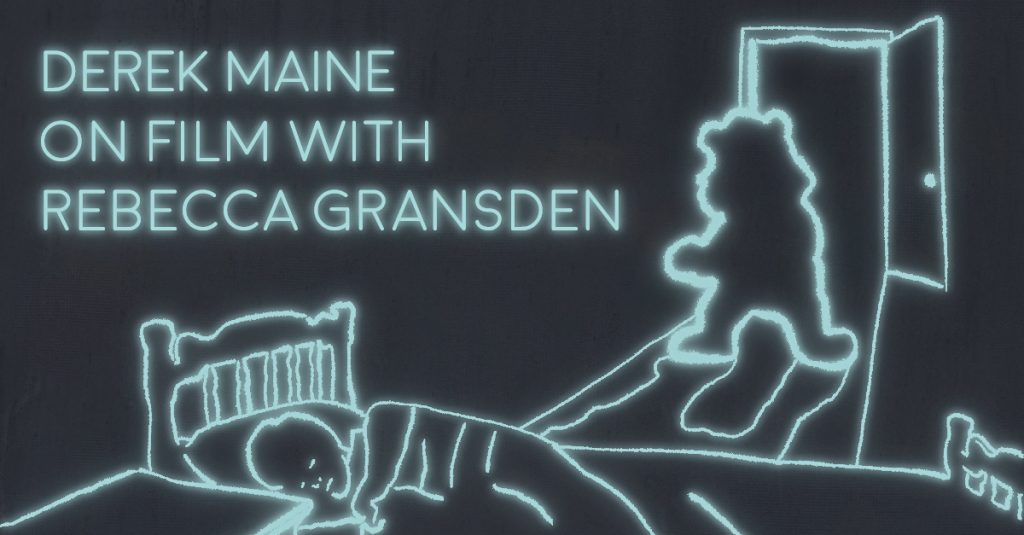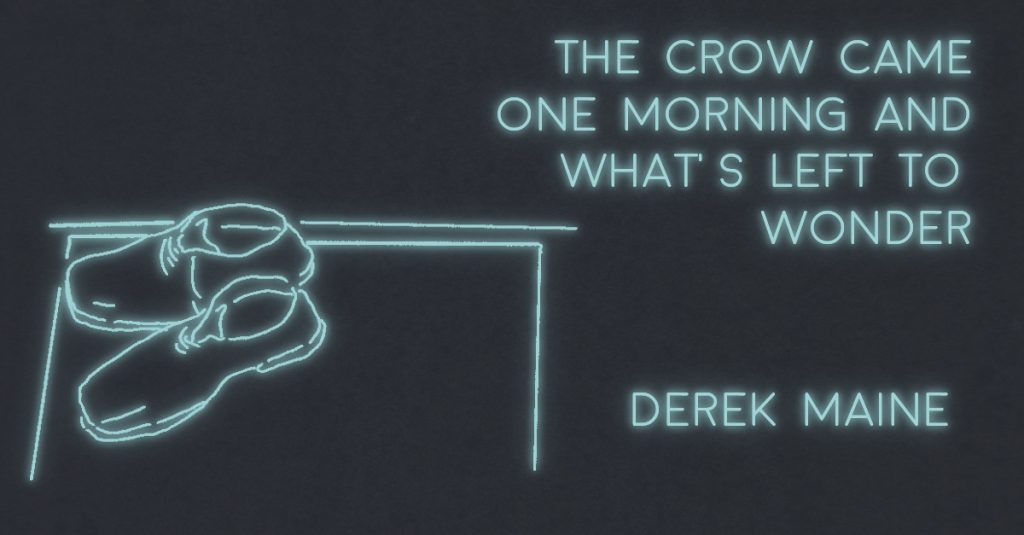
DEREK MAINE on film with Rebecca Gransden
What film, or films, made the first deep impression on you? The first film I saw in the theater was Flight of the Navigator. We must have arrived late. Or it was unexpectedly full. We had to sit in the very front row. I was very uncomfortable. I was seven or eight. It came out in 1986 so I would have been four but that can’t be true. Anyway, when you are four or seven or eight you are really small. I remember the screen was huge. I couldn’t handle the sensory overload. It felt like the screen was going…

